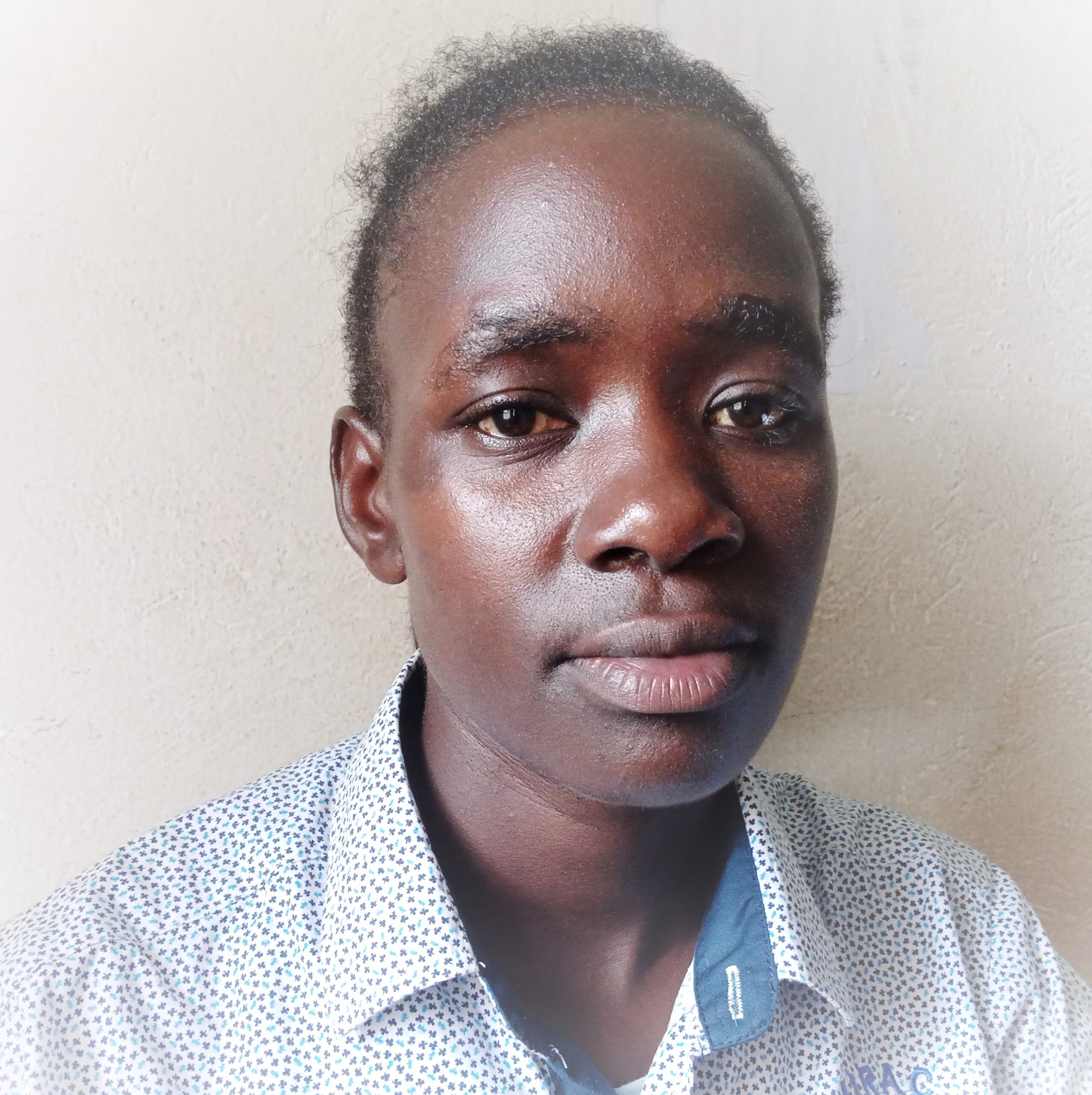Mid-Western Region Anti-Corruption Coalition (MIRAC), a civil society organisation with funding from Women Peace and Humanitarian Fund through UN WOMEN is implementing a two-year project titled: “Inclusive land conflict prevention and resolution” in Hoima district and Hoima City.
Since the project inception in January, 2021, we have interacted with grass root women on issues of land and human rights.
During our interaction, we found out that women and children suffer the grave effects of land conflicts in the project area due to their limited inclusion in land conflict prevention and resolution.
Even when the existing laws and policies to some extent support their inclusion such as the Land Act that establishes the district land boards and area land committees to among others consist of women members to represent women and children’s issues.
However, these laws have not been used fully to prevent and resolve land conflicts. With the discovery of oil, failures in understanding and comprehension of the marriage and inheritance laws of Uganda, women and children have continued to suffer conflicts that arise on land due to inheritance wrangles and compensation for major developments of oil and gas in Hoima district.
Women have barriers to property ownership, especially land. This is attributed to negative cultural beliefs that limit women from inheriting property, especially land from their parents, lack of equal representation of women and men on land committees and land boards where women’s issues on land would be fronted and addressed carefully. Women find it difficult to purchase land due to limited information on land laws and policies buying land in an improper way since they are not aware of the process and procedures of land transaction. Most women face interference from their spouse, brothers, relatives and sometimes their children who think women culturally should not own land. There are single mothers who hustle looking after their children yet are being denied access to their customary land which has led to some children dropping out of school since their mother cannot raise school requirements. Additionally, most women who own land do not access and use that land freely. We also need to appreciate that there are some women who own and use land freely without any encumbrance from Neighbours, relatives, spouses and development partners. However, such women find difficulties in accessing land titles explaining that the process is long and requires a lot of money for one to reach the final stage and finally have the certificates in their hands.
Women have not been informed on what it takes for them to register their land, in other words women are not aware of the process of land registration and the fees required during the process. Women have also been under looked by culture whose negative perception is that women are marriage materials who are supposed to leave their fathers homes and be with their husbands which therefore justifies that women do not need to own land. Similarly, men’s spouses have always denied their wives land ownership simply because they think that their women may divorce any time making their land insecure. Women have low self-esteem; they feel too low to own land whether by inheritance or buying.
Therefore, there is a need to sensitise the community on land related laws, policy, institutional and legal framework. The process of land registration is clearly made known to the community, especially women. Also ensure an equal representation of women on land committees and land boards. Women should be informed on their land rights so they do not feel inferior to men.
The writer is a Programmes Officer, Mid-Western Region Anti-Corruption Coalition – MIRAC


Your article gave me a lot of inspiration, I hope you can explain your point of view in more detail, because I have some doubts, thank you. 20bet